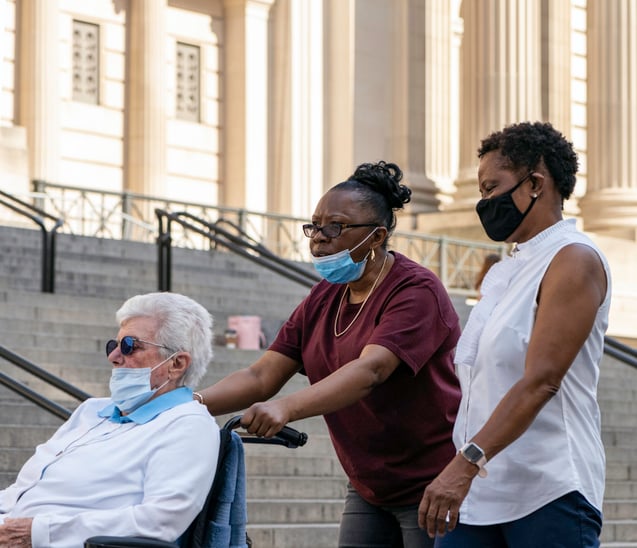

Morgan v. Sundance: A Victory for Workers’ Rights

In May of 2022, the U.S. Supreme Court delivered a unanimous decision in Morgan v. Sundance protecting workers’ rights. The case is centered on the issue of arbitration, which occurs when two parties (such as an employer or an employee) appeal to a neutral third party to resolve a dispute. Arbitration clauses in work contracts may be used to protect both parties from costly legal disputes and resolve workplace issues.
One key issue in Morgan v. Sundance was whether a company waives its right to arbitrate if they delay enforcement of the arbitration agreement. The Eighth Circuit Court of Appeals also considered whether the worker was prejudiced as a result of the delay. Sundance, Inc. failed to demand arbitration when Robyn Morgan first sued for unpaid overtime. While the Eighth Circuit Court ruled that this delay did not strip Sundance of its right to arbitration, the Supreme Court ultimately reversed the decision and ruled in favor of Morgan.
Facts of the Case: Failure to Pay Overtime Wages
In September 2018, Morgan sued Sundance, which owned the Taco Bell franchise she worked at, for failure to pay overtime wages. The suit included Morgan and other employees who were similarly affected by the company’s lack of compensation. According to ScotusBlog, while Sundance initially resolved to fight the issue in court through litigation, it eventually “moved to dismiss the case on procedural grounds, filed an answer to the complaint, and attempted mediation.” When these actions failed to resolve the case, Sundance attempted to settle the dispute through arbitration by citing an arbitration clause that was in Morgan’s original job application.
In response, Morgan contended that the company’s delay in enforcing the arbitration agreement constituted a waiver of arbitration. In order to determine whether Sundance was eligible to demand arbitration, the district court applied the Arbitration Waiver Test commonly used by federal courts. The test considered (1) whether the company was aware of its right to arbitrate (2) whether the company acted inconsistently with that right and (3) whether the plaintiff was prejudiced by the delay. Though the district court ruled in favor of Morgan, the Eighth Circuit reversed on the grounds that Morgan was not “prejudiced,” or harmed, by the delay.
Supreme Court Ruling in Morgan v. Sundance
In a unanimous decision, the Supreme Court reversed the Eighth Circuit ruling in favor of Morgan. Delivering the decision for the Court, Justice Kagan wrote that “a court must hold a party to its arbitration contract just as the court would to any other contract. But a court may not devise novel rules to favor arbitration over litigation.” In previous cases, the Court has reinforced that the Federal Arbitration Act requires arbitration contracts to be placed on “equal footing” with other kinds of contracts. This standard is meant to ensure that, for the most part, arbitration contracts are similar to other legal contracts, rather than manipulated to favor one party over another.
In the case for Morgan v. Sundance, however, the Supreme Court found that the requirement of demonstrating “prejudice,” or harm done, towards the plaintiff is uncommon outside the context of arbitration. As a result, the Court unanimously ruled in favor of Morgan, leading to a victory for workers’ rights.
Seek Legal Assistance Today
Have you experienced unpaid wages or unfair arbitration enforcements? If so, seek legal assistance from the employment lawyers at the Working Solutions Law Firm, located in New York City and in Livingston, New Jersey. Contact us today at (646) 430-7930 to schedule a free case evaluation and receive experienced legal counsel.
Our employment lawyers specialize in many areas of the law, including FMLA and unpaid wages and overtime. Whatever your employment issue is, please reach out to our attorneys for a consultation today.



